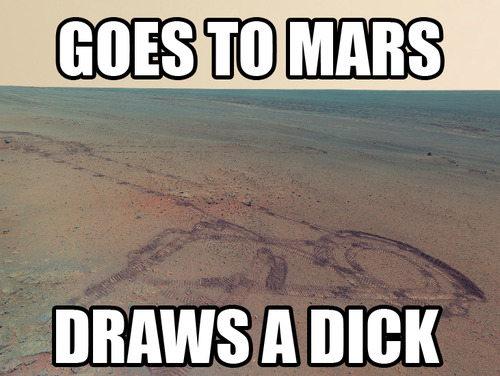You just aren't thinking big enough. For example Mars has way more than enough of all the elements required to make an atmosphere in it's soil. Nanomachines or even normal machines to extract it and convert it into atmosphere could certainly be done. Also, there are lots of plans out there for redirecting ice asteroids that contain useful elements into Mar's atmosphere where they would burn up in the atmosphere and help bolster it up. As the atmosphere thickens, the temperatures would go up. That process would be manageable with greenhouse gasses. With the right mix, you could make it earth temperature.
There are two problems I am aware of with living in zero gravity. First, you lose bone density and muscle mass, so when you return to earth, that can be rough. Those problems can be remedied today to some extent with vigorous exercise and in the future with medications or nanomachines or who knows what else. Second, there are problems with people's eyes that they don't quite understand yet. People's vision gets worse the longer they stay on the space station. But, whatever that is, I'm sure it is solvable.
The bigger problem is the solar radiation. Earth's magnetic field buffers us against it, but Mars' is much weaker. That one we don't know how to solve yet. Until we did, people would need to live primarily underground, or in shielded areas. Or at least be near enough to one at all times that they could get there during solar storms. But, like all engineering problems, I'm sure that is solvable eventually. We could genetically engineer ourselves to be more tolerant of the radiation, we could figure out how to spin up Mars' own magnetic sphere, we could build some kind of field of our own, we could come up with medical treatments that make it a non issue... Who knows.
Anyways, what you're doing seems to me no different than somebody 1,000 years ago saying quite confidently that we could never fly because we're heavier than air. To somebody from just 1,000 years ago the people of today would appear to be gods with capabilities that simply defied any possible explanation. And science is not going at a constant pace, it is speeding up. It is inevitable that the people of 1,000 years from now will be able to do things far, far, beyond anything that seems possible today, and all the problems we've discussed so far already seem possible to solve in the foreseeable future. When you try to think about what we'll be capable of doing in 10,000 years, it is impossible to even imagine, but certainly simple hurdles like a thin atmosphere won't be an issue.
But, even if you think science is basically just going to peter out in 20 years or so, by then we'll already have the scientific capability to live underground on Mars, and certainly people would eventually go ahead and do that. Why not?


